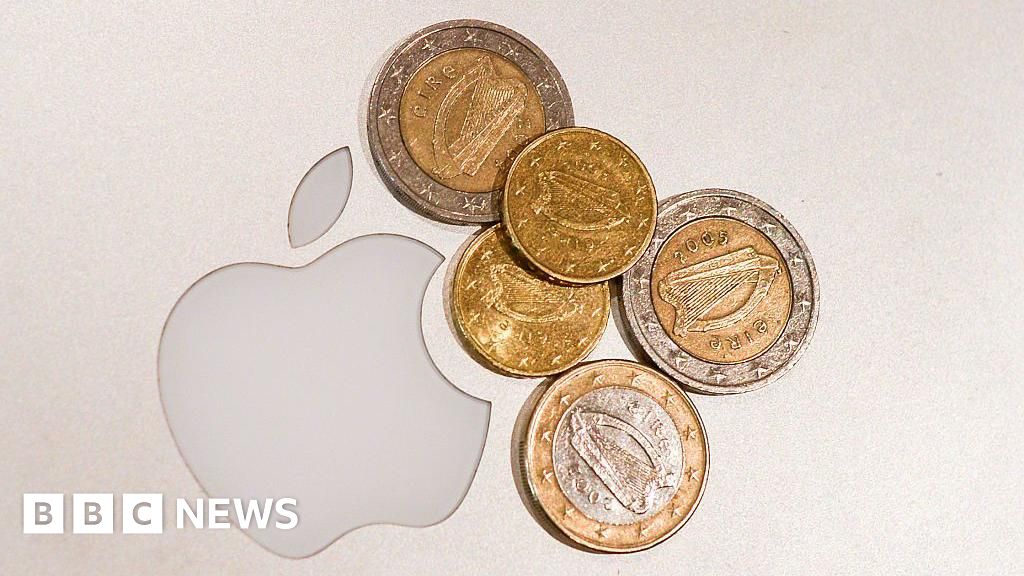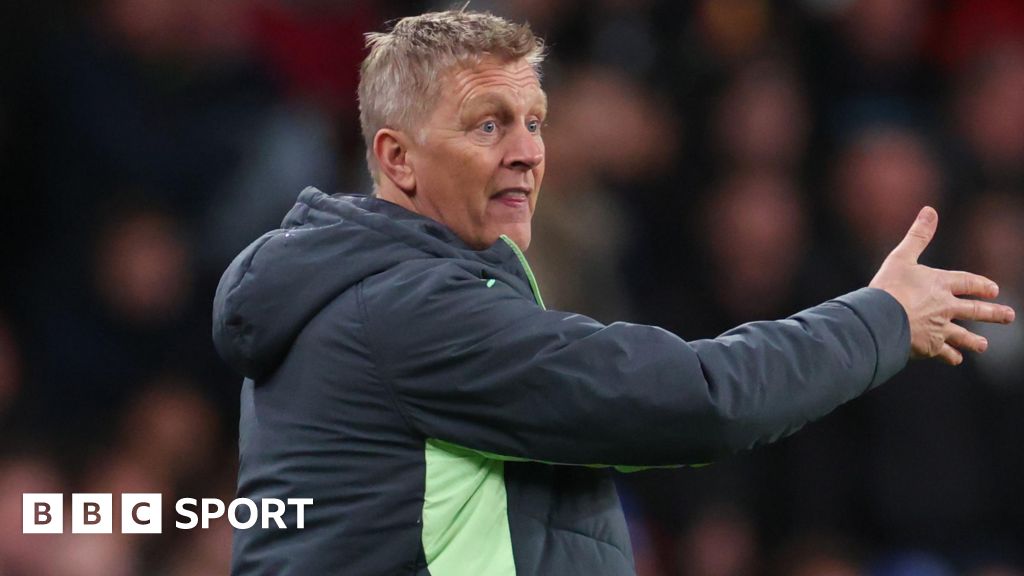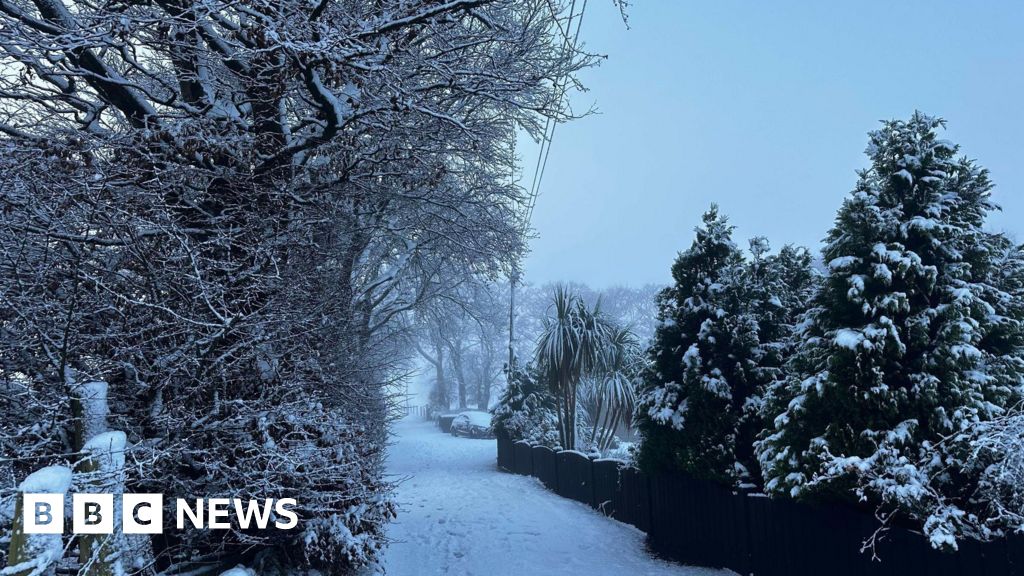Infra
Threats to Ireland have ‘increased in significance’

Threats to Ireland’s social cohesion, energy security, and critical national infrastructure “have increased in significance”, the Government has said.
In its National Risk Assessment 2024, it said foreign disinformation “poses a particular risk” at election time in Ireland, by increasing “polarisation” and “undermining” the democratic process.
The report, prepared by the Department of the Taoiseach, cites the danger from “malevolent actors” and “extremist groups”, both from within Ireland and from abroad.
In his foreword, Taoiseach Simon Harris said “some risks have increased in significance”, including social cohesion, energy security, infrastructural deficits and collapse of ocean currents.
The report said global security has “deteriorated” in the last year and risks getting worse, in part due to Russia’s “protracted” invasion of Ukraine.
On terrorism, it said that certain groups in the North “remain intent” on disrupting progress and flagged the threat posed by religious extremists in the form of ‘lone wolf’ attacks. It stated:
The assessment upgrades hybrid to a standalone threat, explaining that these type of attacks can range from information manipulation to cyber attacks and from industrial espionage to exploiting migrant flows.
“Hybrid threats could impact our strategic infrastructure, cybersecurity, aviation, research security and maritime security, including the risk to telecommunications and energy transmission infrastructure from acts of sabotage,” it said.
“The presence of significant communication and cloud infrastructure in Ireland, including sub-sea infrastructure in our Exclusive Economic Zone, exposes our country to an additional degree of risk from both State and non-State actors.”
The report said foreign information interference “poses a particular risk in electoral events, including in Ireland, by increasing the risk of polarisation and efforts to undermine the democratic process”.
It said the erosion of social cohesion “appears to have escalated in recent years” fuelled by rising cost of living, economic prospects, disinformation and “malevolent actors domestically and internationally” engaged in “extremist exclusionary rhetoric”.
The report said 82% of Ireland’s energy needs comes from imports — oil and gas.
It said 74% of natural gas flows through two interconnectors from the UK and that this is set to increase to over 90%.
It said cybersecurity, the protection of IT systems, data centres, services, and communication networks is “vitally important” to the economy and society.
The report said: “With Ireland positioning itself as a technological society and playing an important role in EU-wide data storage and management, the impact of an attack or incident on the provision of services, and on the reputation of businesses and the public service, is significant.”
It said use of AI by threat actors is likely to lead to “more potent attacks”.










